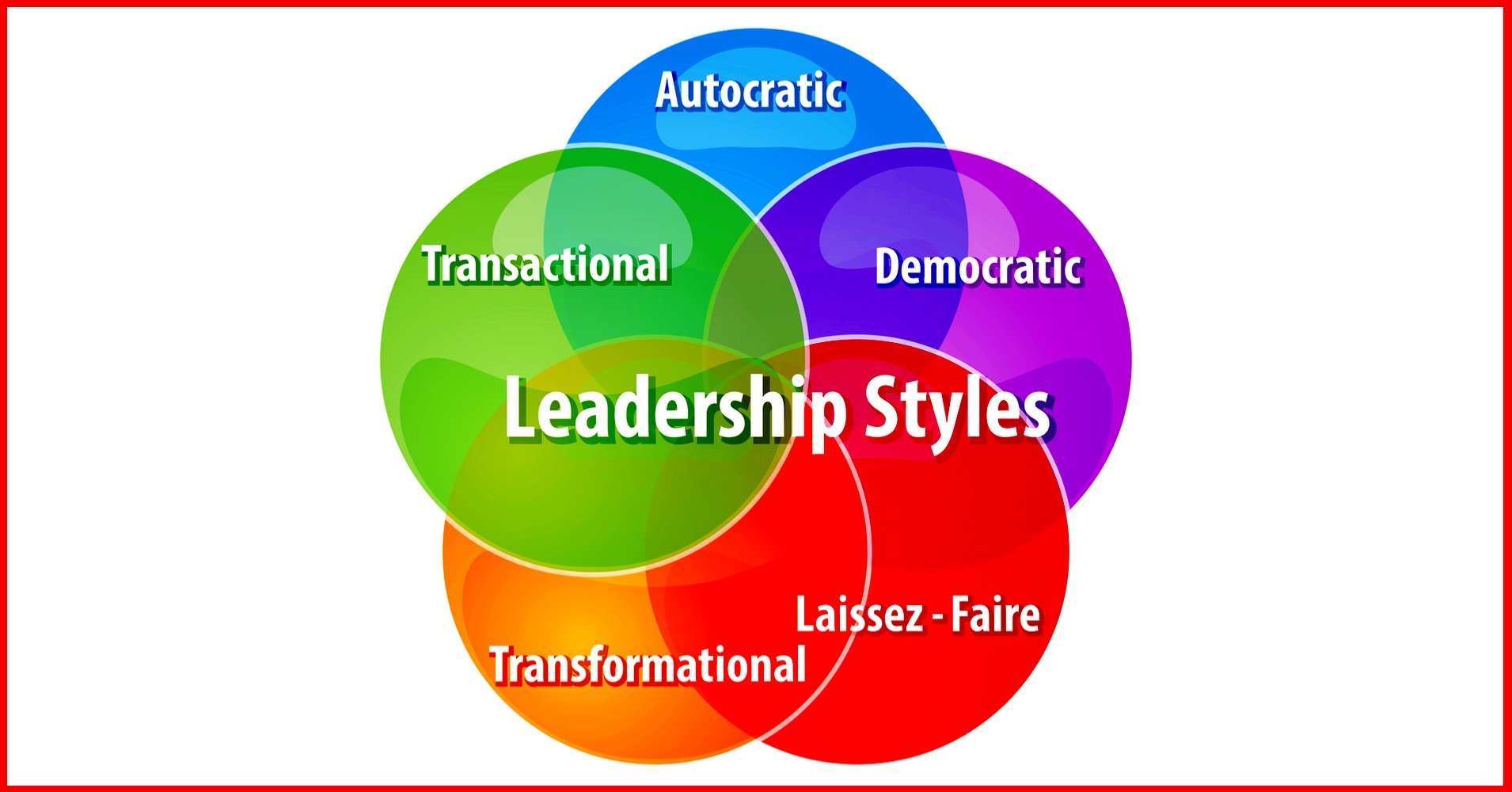Mexico Type Of Leader: Unveiling The Leadership Styles That Have Shaped The Nation
Leadership in Mexico has always been a fascinating topic, with various styles and personalities influencing the country's development over the years. The type of leader that emerges in Mexico often reflects the nation's rich history, cultural values, and socio-political dynamics. Understanding these leadership qualities is essential for anyone interested in Mexican politics, economics, or culture.
From charismatic revolutionaries to modern-day reformers, Mexico has seen a wide range of leaders who have shaped the nation's trajectory. These leaders have not only influenced domestic policies but also played a significant role in Mexico's international relations. In this article, we will explore the different types of leaders who have emerged in Mexico, their characteristics, and the impact they have had on the country.
Whether you are a student of political science, a history enthusiast, or simply curious about leadership in Mexico, this article will provide valuable insights into the leadership styles that have defined this vibrant nation. Let's dive in and uncover the types of leaders who have left an indelible mark on Mexico's history.
- Are Chip And Joanna Gaines Still Married Exploring Their Love Story And Journey
- Social Security Office Northeast Philadelphia A Comprehensive Guide
Table of Contents
- Biography of Key Leaders
- Types of Leaders in Mexico
- Charismatic Leaders
- Authoritarian Leaders
- Reformist Leaders
- Democratic Leaders
- Modern-Day Leaders
- Historical Impact of Leadership Styles
- Cultural Influence on Leadership
- The Future of Leadership in Mexico
- Conclusion
Biography of Key Leaders
Throughout Mexico's history, several key figures have emerged as influential leaders, each contributing to the nation's development in unique ways. Below is a brief overview of some of the most notable leaders in Mexico, along with their biographical details.
Biographical Data
| Name | Birth Date | Death Date | Notable Achievements |
|---|---|---|---|
| Benito Juárez | March 21, 1806 | July 18, 1872 | First Indigenous President of Mexico, Promoter of Liberal Reforms |
| Pancho Villa | June 5, 1878 | July 20, 1923 | Revolutionary Leader, Key Figure in Mexican Revolution |
| Emiliano Zapata | August 8, 1879 | April 10, 1919 | Leader of Agrarian Reform, Champion of Peasants' Rights |
Types of Leaders in Mexico
Mexico has witnessed a variety of leadership styles over the years, each reflecting the unique challenges and opportunities faced by the nation. Understanding these types of leaders can provide valuable insights into Mexico's political and social evolution.
Key Characteristics
- Charismatic leaders who inspire and mobilize the masses
- Authoritarian leaders who centralize power and enforce strict control
- Reformist leaders who focus on implementing systemic changes
- Democratic leaders who prioritize the will of the people
Charismatic Leaders
Charismatic leaders in Mexico have often been pivotal figures who galvanized the population during times of crisis or change. These leaders possess a unique ability to inspire and unite people behind a common cause.
- Who Is Russell Hitchcock A Comprehensive Biography And Insight
- Mia Farrow Unveiling The Age And Journey Of An Iconic Actress
For example, Pancho Villa and Emiliano Zapata were key figures during the Mexican Revolution, using their charisma to rally support for their respective causes. Villa became a symbol of resistance against oppressive regimes, while Zapata championed land reform and peasants' rights.
Authoritarian Leaders
Authoritarian leaders have also played a significant role in Mexico's history, often centralizing power to maintain stability during turbulent times. While their methods may be controversial, these leaders have sometimes been credited with bringing order to chaotic situations.
For instance, Porfirio Díaz ruled Mexico for over three decades, implementing policies that promoted economic growth but also led to widespread inequality. His authoritarian regime eventually sparked the Mexican Revolution, highlighting the tension between stability and social justice.
Reformist Leaders
Reformist leaders in Mexico have focused on implementing systemic changes to address pressing social and economic issues. These leaders often prioritize long-term solutions over short-term gains, working to create a more equitable society.
One notable example is Benito Juárez, who implemented liberal reforms during his presidency, including the separation of church and state and the promotion of individual rights. His efforts laid the foundation for modern Mexican governance, despite facing significant opposition from conservative factions.
Democratic Leaders
Democratic leaders in Mexico have sought to empower the people through inclusive governance and participatory decision-making processes. These leaders emphasize transparency, accountability, and the rule of law as cornerstones of their leadership philosophy.
In recent years, Andrés Manuel López Obrador (AMLO) has emerged as a prominent democratic leader, promising to combat corruption and reduce inequality. His administration has implemented various initiatives aimed at improving the lives of ordinary Mexicans, although his policies remain a subject of debate.
Modern-Day Leaders
Today's leaders in Mexico face a complex set of challenges, including economic inequality, environmental concerns, and global geopolitical dynamics. Modern leaders must navigate these issues while balancing competing interests and maintaining public trust.
Key priorities for modern leaders include fostering economic growth, promoting social justice, and addressing security concerns. By adopting innovative approaches and leveraging technology, these leaders aim to position Mexico as a leader in the global community.
Historical Impact of Leadership Styles
The impact of leadership styles on Mexico's development cannot be overstated. Each type of leader has left a lasting legacy, shaping the nation's political, economic, and social landscape in profound ways.
For example, the reforms implemented by Benito Juárez continue to influence Mexico's legal and political systems, while the revolutionary efforts of Pancho Villa and Emiliano Zapata inspired generations of activists and reformers. Meanwhile, the authoritarian rule of Porfirio Díaz highlighted the dangers of centralized power, prompting a reevaluation of governance structures.
Cultural Influence on Leadership
Mexico's rich cultural heritage plays a significant role in shaping leadership styles within the country. Values such as community, family, and tradition often inform the decisions and actions of Mexican leaders, influencing how they approach governance and policy-making.
Additionally, Mexico's diverse population brings a wide range of perspectives and experiences to the table, enriching the leadership landscape. This cultural diversity encourages leaders to adopt inclusive approaches that reflect the needs and aspirations of all Mexicans.
The Future of Leadership in Mexico
As Mexico continues to evolve, the future of leadership in the country will likely be shaped by emerging challenges and opportunities. Climate change, technological advancements, and shifting global dynamics will require leaders to adapt and innovate in order to ensure the nation's prosperity.
Key priorities for future leaders include promoting sustainable development, enhancing educational opportunities, and fostering economic inclusivity. By embracing these challenges with vision and determination, Mexico's leaders can build a brighter future for all citizens.
Conclusion
In conclusion, the types of leaders who have emerged in Mexico reflect the nation's complex history and dynamic culture. From charismatic revolutionaries to reformist statesmen, each type of leader has contributed to Mexico's development in unique ways.
To continue exploring this fascinating topic, we invite you to leave your thoughts and questions in the comments section below. Additionally, feel free to share this article with others who may be interested in learning more about leadership in Mexico. Together, we can deepen our understanding of this vital subject and its implications for the future.
For further reading, consider exploring related articles on our website, where you'll find a wealth of information on Mexican history, politics, and culture. Thank you for joining us on this journey through the world of Mexican leadership!
- How To Contact Fifth Third Bank Comprehensive Guide To The 5th Third Bank Phone Number
- Where Is Trudeau Airport A Comprehensive Guide To Montreals Main Airport

How to be an empowered leader

Mexico, Heir to Two Great Cultures

What Type Of Leader Am I? Quiz